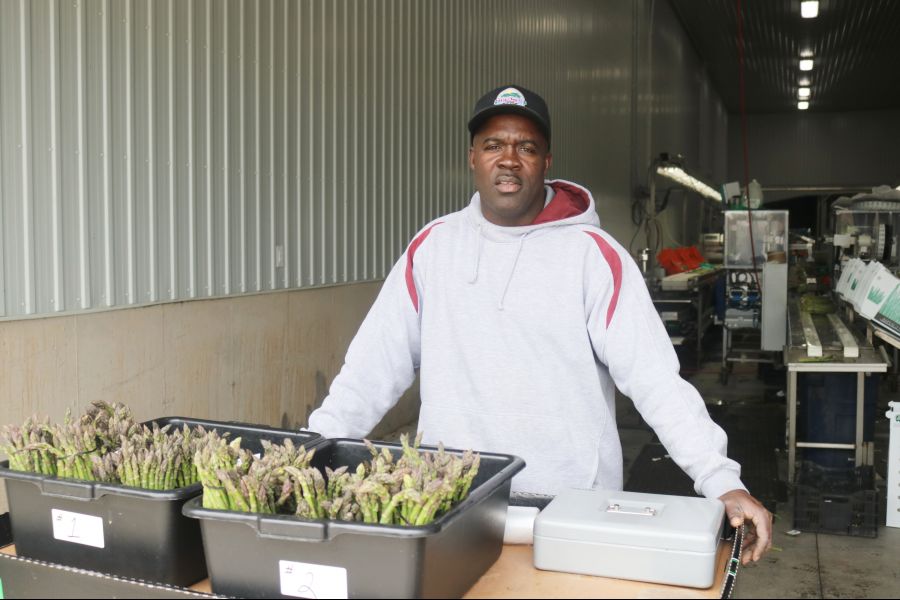The federal government’s decision to exempt seasonal farmworkers with valid visas from COVID-19 travel restrictions has been greeted with huge relief by Niagara’s agricultural industry.
The region’s farms rely on thousands of seasonal workers, who will have to adhere to strict self-isolation procedures for 14 days after their arrival, the government said.
It’s not known yet exactly how farmers will ensure their workers are safely isolated. On many farms the workers share close quarters, which presents a serious risk of spreading disease.
NOTL Coun. Erwin Wiens, who is also a grape farmer, said there have been ideas floating around about how to mitigate the risk, including renting trailers or using hotels that now are closed to the public, but the answer remains uncertain.
“There will be a protocol of isolation,” Wiens said. “The federal government is going to give us guidance in regards to that, but we’ll follow any protocols that need to be done because the safety of everybody in Niagara-on-the-Lake is important, too.”
“I’m not trying to be evasive,” he said Tuesday. “We’re trying to work out those logistics now.”
Right now farmers are just waiting for permission for flights to begin, and though Wiens is feeling relieved, the real relief will be when the workers arrive.
He said he’s thankful the government’s decision happened early and that there was no resistance along the way.
“Everybody knew it was something that needed to happen and so everybody worked hard to make it happen, and that’s huge,” he said.
Nelson Thwaites, of Thwaites Farms, said his farm is working to train three Canadian teams of about eight people each. The teams are made up of mainly Vietnamese-Canadians, he said, and the farm will also bring in workers from Jamaica.
“At peak season, we will have 120 people,” Thwaites said. About 40 to 65 of those are Jamaican and the rest are local, some having worked for the farm since the 1980s.
Thwaites also isn’t sure what the self-isolation procedures will look like.
“Of course (this means) not going into town, to the bank, to the grocery store,” he said.
The farm will be getting food delivered, though orders haven’t been placed yet because it’s not certain when the workers will arrive, he said.
Having workers isolated in houses doesn’t make much sense to him, as they’ll be sitting around for two weeks and not working.
“I think that it would be perfectly safe for them to quarantine out on the farm. They are away from everyone, they’re just by themselves out there. So I’m hoping that will be allowed, and then as far as them going into town, the guys take things like this pretty seriously I think. I think they’ll listen to the quarantine rules … we’ll have to lay down the law for them, too.”
Anyone who breaks quarantine likely would be sent home and kicked off the seasonal work program, which is a big incentive for workers to take the rules seriously, he said.
He thinks if workers are out on the farm they’ll be segregated better.
“Instead of two guys working on a row, it’s one guy … and then everyone’s 18 feet away from each other.”
Thwaites said if there is sufficient manpower, he still hopes to have asparagus available at a stand, as the farm has done in past years.











